The clarification rate of the Universe may lead to new physics
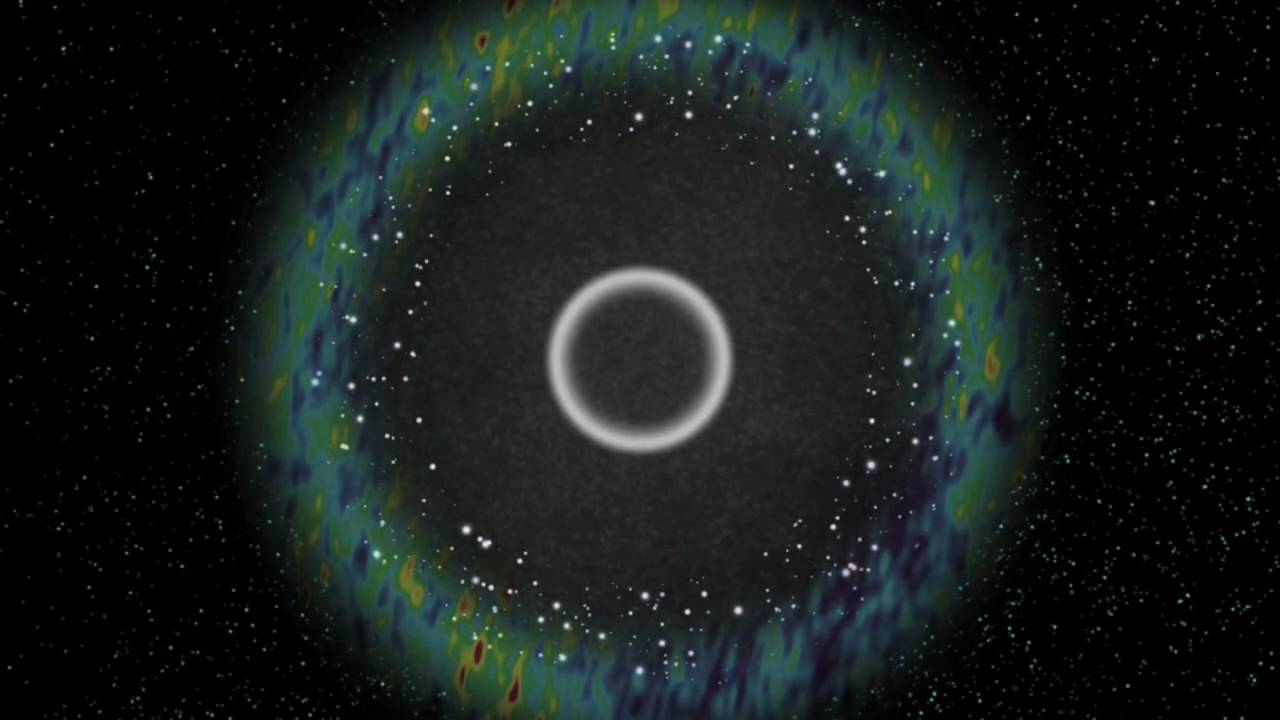 Source:
Source:
It was in the early 1990-ies. The Carnegie Observatory in Pasadena, California, was empty for the Christmas holidays. Wendy Freedman, one in the library worked on the huge and thorny problem: the rate of expansion of the Universe. Carnegie was fertile ground for such work. It was here, in 1929, Edwin Hubble first saw the distant galaxies flying away from the milky Way, Bouncing in the external thread of the expanding space. The speed of this flow was called the Hubble constant.
Quiet operation Friedman was soon interrupted when the library was broken by fellow astronomer Allan of Sendic, the scientific successor to the Hubble, which decades of rules and refined the Hubble constant, consistently defending the slow pace of expansion. Friedman was one of the last defended the higher rates, and Sandig saw her heretical research.
"He was so angry," says Friedman, now working at the University of Chicago in Illinois, "that was the moment I realized that we were alone in the whole building. I took a step back and think that we are not the most friendly of areas of science".
This opposition subsided, but not quite. Sendic died in 2010, and by that time most astronomers agreed on the Hubble constant in a narrow range. However, the latest data probably would have liked Sandigo, point to the fact that the Hubble constant is 8% lower than the guide number. Almost a hundred years astronomers have calculated it, carefully measuring the distance to the nearest part of the universe and moving further and further. But recently astrophysicists have measured the constant outside, based on the maps of the cosmic microwave background (CMB), spotted the afterglow of the Big Bang, which became the background for the visible Universe. Making assumptions about how push-tacica of energy and matter in the Universe changed the pace of space expansion since formed the cosmic microwave background, astrophysicists can take their cards and adjust the Hubble constant to the modern local Universe. The numbers must match. But they are not the same.
Maybe one of the approaches is something wrong. Both sides looking for weaknesses in their own and other methods, and senior figures such as Friedman, in a hurry to submit their own suggestions. "We don't know in what direction all this will lead," says Friedman.
But if agreement is not reached, it will be a crack in the firmament of modern cosmology. This may mean that existing theories are missing a certain ingredient, which intervened between the present and the ancient past, weaving in a chain of interactions of the CMB with the present Hubble constant. If so, then history will be repeated. In the 1990's, Adam Riess, now an astrophysicist at Johns Hopkins University in Baltimore, Maryland, headed by one of the groups that discovered dark energy, repulsive force that accelerates the expansion of the Universe. This is one of the factors that the CMB calculations should take into account.
Now a team of RISS leads the search for the Hubble constant in the nearby space, and beyond. Its purpose is not only to clarify the number, but also to catch, does it change over time, so that even dark energy can explain it to. Yet he understands little of what may be the missing factor. And he wonders what is happening.
In 1927, Hubble has gone beyond the milky Way, armed with the largest at the time with the telescope in the world, the 2.5-meter hooker telescope, which was standing on mount Wilson above Pasadena. He took a picture of the spiral of weak spots, which are now known as galaxies, and measured the redness of their light as the Doppler shift toward the long wavelengths of light. Comparing the redshift of galaxies from their brightness, Hubble came to interesting conclusions: the dimmer and, presumably, next was a galaxy, the faster it is removed. Therefore, the universe is expanding. And so, the Universe has a finite age, the countdown which started with the Big Bang.
theCosmic controversy
Debate on the topic of the Hubble constant and of the rate of expansion of the Universe began to play with renewed vigor. Astronomers have come to a certain number, using the classical technique of the "ladder distance", or astronomical observations of the local universe. But these values conflict with the cosmological estimates made on the basis of the maps of the early universe and tied to the present day. From this dispute, it follows that the growth of the universe can feed the missing ingredient.
To determine the rate of expansion and the corresponding constant — the Hubble needed a real distance to the galaxies, and not only relative based on their apparent brightness. So he began the laborious process of building a remote ladder — from the milky Way to nearby galaxies and beyond, to the very edge of the expanding space. Each rung of the ladder needs to be calibrated "standard candles": objects that move, pulsate, flash or rotate in such a way that it is possible to determine exactly how far away they are.
The First step seemed quite robust: variable stars, called Cepheids, which increase and reduce the brightness after a few days or weeks. The length of this cycle indicates an internal brightness of the stars. Comparing the observed brightness of Cepheids with a brightness emanating from her hesitation, Hubble could calculate the distance to it. Telescope at the mount Wilson could see several of the Cepheids in nearby galaxies. For distant galaxies, he assumed that the brightest stars in them will have the same internal brightness. Even in the most distant galaxies, Hubble was supposed to be standard candles with a uniform luminosity.
Obviously, these assumptions were not the best. First published Hubble constant was 500 kilometers per second per megaparsec — that is, for every 3.25 million light years that he was looking into space, the expanding universe is pushing galaxies at 500 kilometers per second faster. This number was incorrect and implied that the Universe just 2 billion years, nearly seven times less than it is considered today. But this was only the beginning.
In 1949, completed the construction of a 5.1-meter telescope at Palomar in southern California — just to the time when Hubble caught a heart attack. He handed over the mantle of Sandigo, trump the observers, who spent the following decades, showing photographic plates during the night sessions, working with a giant camera telescope, shivering and needing breaks.
With higher resolution and high Palomar svetomuzykalny force, Sandig been able to get from Cepheids in more distant galaxies. He also realized that the bright stars are Hubble was, in fact, the whole clusters. They were brighter by nature and therefore much farther away than Hubble thought that, in addition to other amendments, meant much lower the Hubble constant. In 1980-m to years of Sendig stopped at the value of 50, which is fiercely defended. One of his most famous opponents, the French astronomer Gerard de Ocular, proposed a value of 50. One of the most important parameters in cosmology ran literally twice.
In the late 1990-ies of the Freedman, having gone through the verbal abuse of Candidia, has set a goal to solve the puzzle with the new tool, as if deliberately created to work: the Hubble space telescope. His clear glance over the top of the atmosphere allowed the team Friedman to identify individual Cepheid 10 times further than Sandigo managed with Palamara. Sometimes in these galaxies was like Cepheids and bright beacons — Ia sne. These exploding white dwarf stars are visible through the space and break out with a constant and a maximum brightness. Calibrated by Cepheids, supernovae can be used by themselves to probe the most distant reaches of space. In 2001, the team of Friedman narrowed down the Hubble constant to 72 plus or minus 8, that put an end to the conflict Sandidge and de wokulira. "I was exhausted," she says. "I thought I was never going back to work on the Hubble constant".
theEdwin Hubble
But then came the physicist who found the independent method of calculation of the Hubble constant with the most distant and shifted to the red part of the spectrum of the microwave background. In 2003, the WMAP probe published his first map, which showed the spectra of temperature fluctuations in the CMB. This map provided is not a standard candle and a standard criterion: the pattern of hot and cold spots in the primary soup, the generated sound waves, which are ripples swept across the newborn Universe.
Making a few assumptions about the ingredients in this soup — in the form of familiar particles, atoms and photons, some additional invisible substances like dark matter and dark energy — WMAP team were able to calculate the physical size of these primary acoustic waves. It can be compared with the apparent size of the sound waves recorded in the CMB spots. This comparison gave the distance to the microwave background and the value of the expansion rate of the Universe at the initial moment. Making assumptions about how ordinary particles, dark energy and dark matter since then changed the extension, the WMAP team was able to give a constant value in accordance with its current rate of increase. Initially, they derived a value of 72, in accordance with what found Friedman.
But since the astronomical measurements of the Hubble constant showed higher values, although the error decreased. In recent publications Riess went ahead using an infrared camera, installed in 2009 on Hubble space telescope, which may determine distances to Cepheids in the milky Way and allocate them to the most distant, more red relatives among the more blue stars that are surrounded by normal Cepheids. The latter result, which gave the team RISSA — 73,24.
Recommended
What will be the shelter for the first Martian colonists?
Mars is not the friendliest planet for humans While the Red Planet is roaming rovers, researchers are pondering the construction of shelters and materials needed by future Martian colonists. The authors of the new paper suggest that we could use one ...
New proof of string theory discovered
Just a few years ago, it seemed that string theory was the new theory of everything. But today the string universe raises more questions than answers String theory is designed to combine all our knowledge of the Universe and explain it. When she appe...
What is the four-dimensional space?
Modeling camera motion in four-dimensional space. View the world in different dimensions changes the way we perceive everything around, including time and space. Think about the difference between two dimensions and three dimensions is easy, but what...
Related News
It has created a lighting system for lasers
the Engineers of the holding "Ruselectronics" is launching a novel lighting system which is based on the use of laser radiation. These lights can operate in hostile environments like nuclear power stations and even underwater. Rad...
Breeder from the USA brought out Python print Emoji-Emoji on the body
it is known that changes in nature occur constantly: mutations lead to new species and even species, and is influenced by conditions in the external environment living organisms can acquire new properties. But sometimes appeared a...
The operating system code recorded in the DNA molecule
In connection with the development of technology and the increasing amount of data, professionals are looking for new ways of storing information. And recently a group of scientists from Columbia University and the new York Genome...
Created a sponge capable of cleaning the ocean from oil and oil products
and its by-products today are the main oceans of our planet. Almost all serious cases of ocean pollution are associated with oil. Even if we ignore the serious accidents of tankers and oil platforms, you should not forget that th...
As was discovered the oldest fossils in the world
3770 million years ago the Earth was completely different. Plants and animals were not. The sky was not blue. The surface resembled a bare rocky wasteland. And yet at this time, as we think, came the first life. Deep in the ocean,...
Why do tall people die earlier and larger animals — no?
the tallest man in Europe, 2,34-foot former basketball player, actor Neil Fingleton, who played the role in "Game of thrones", "X-Men" and "the Avengers", has died at the age of 36. Such an early death for people tall is not uncom...
Would agree on the genetic modification of the dog for the sake of her health?
dogs Have more genetic diseases than any other species on the planet — that you any biologist will confirm. Not gonna lie: no other animal people are not taken out so purposefully and long to form prevailed over substance — appear...
The merging of man and machine will not stop the rise of the machines
Tesla CEO and founder OpenAI Elon Musk last week suggested that humanity could nullify your fear of the rise of the machines (i.e. robots) due to the merger with these same machines and becoming cyborgs. However, modern trends in ...
The oldest discovered to date, the traces of life on Earth
the Origin of life on planet Earth is a very important subject for scientific research. Regular findings and discoveries constantly shift the moment the first living organism on and on . So this time canadian scientists discovered...
Can you live eating only one type of food?
We are constantly told about the benefits of a varied diet. But if you had to survive on only one type of food — which one would leave you the longest life? Not by bread alone — at least because after a month of this experiment wi...
Some scholars categorically against the revival of extinct species
last month, the entire scientific community of the desire of Harvard scientists resurrect extinct species of animals. George Church from Harvard University, studying extinct species, said that in the coming years is going to resur...
In plants raised electrical circuit
Plants nourish life on Earth. They represent the original source of food, supplying energy to almost all living organisms and are the basis of fossil fuels, which feed the energy needs of the modern world. But the burning of long-...
Created flexible fibers conducting impulses to the brain and back
according to the publication Medical Xpress, a large group of researchers, including engineers, chemists and neuroscientists, including many graduates of the Massachusetts Institute of technology (MIT) introduced a flexible fiber ...
Tomsk scientists have created a tiny, powerful particle accelerator
Recently we wrote about the fact that on the basis of Tomsk Polytechnic University (TPU) made from the walls of the same educational institutions came not less interesting news. The specialists of TPU managed to develop a miniatur...
If atoms are mostly empty, why things are firm to the touch and in appearance?
Chemist John Dalton proposed the theory that all matter and objects are made up of particles — atoms, and this theory is still accepted by the scientific community, after two hundred years. Each of these atoms consists of an extre...
Using neural network was able to simulate the behavior of complex quantum systems
the Modeling of complex organized quantum systems on today — an extremely difficult task. The fact that the traditional methods are not suitable here, since with increasing system complexity the number of States increases ex...
Which end is waiting for the Solar system?
it took 13.8 billion years of cosmic evolution, so we ended up here. Generation of stars had to live and die to create heavy elements; tiny protogalaxies had to merge to form the milky Way; clouds of interstellar gas were to colla...
Anthropic principle: the warped idea of physics
the Universe has fundamental laws that we can observe. In it we exist, things that we created, and all this, too, is subject to fundamental laws. Based on this you can build two very simple statements that would be very difficult ...
The time? Five of the best theories on the topic of the fourth dimension
"Time is what prevents everything to happen at once." Statement by physicist John Wheeler fair summary of what makes the time, unlike anything else. This especially stands out on the background of the fact that our hunt for the mo...
How is SKOLKOVO? Report from the innovation center
This project was called the toy Medvedev, promising the beginning of a journey to the "kazaniu the oil needle", the Russian Silicon valley, a Potemkin village with unlimited funding. Despite political and economic instability, the...


















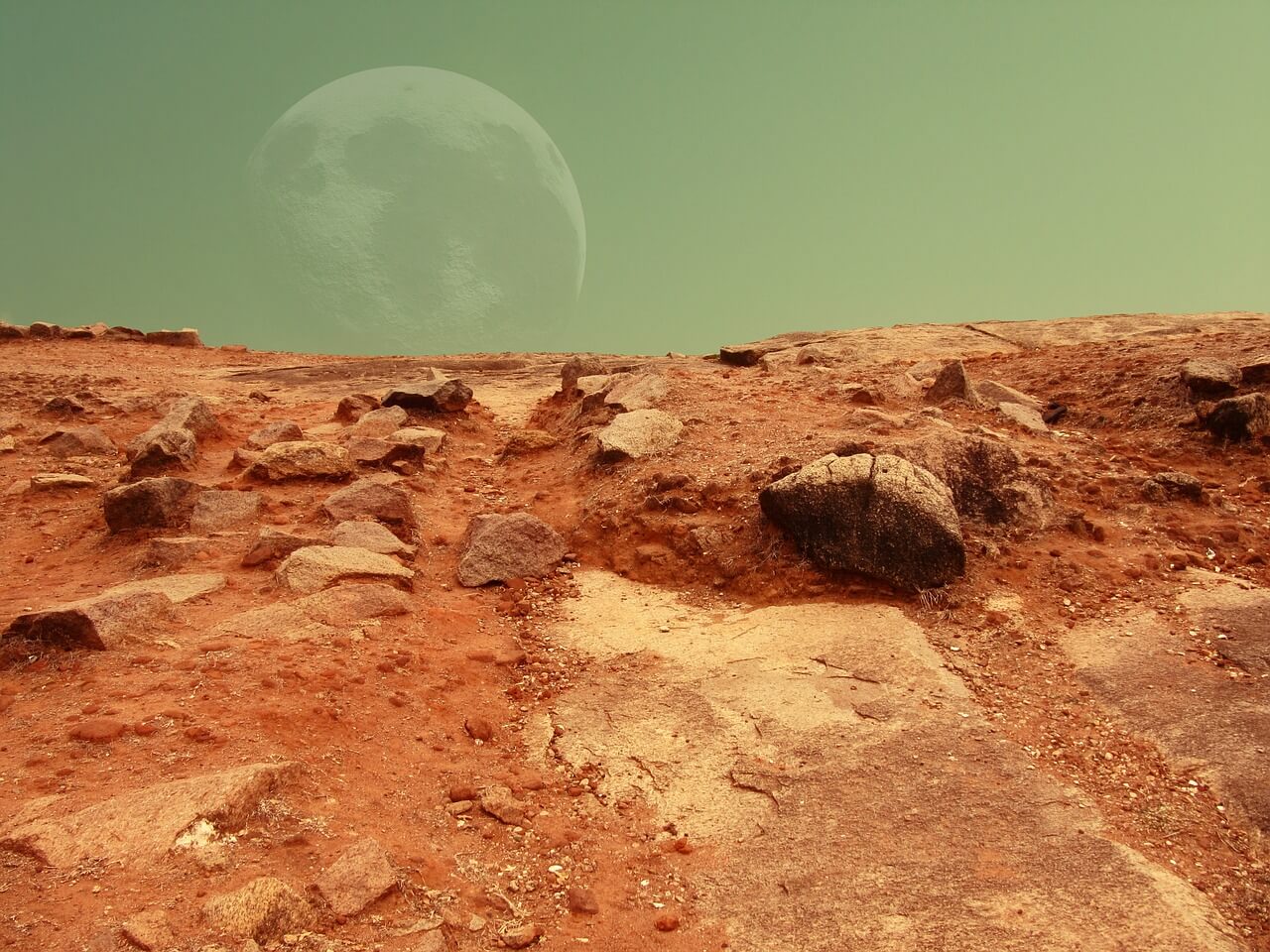
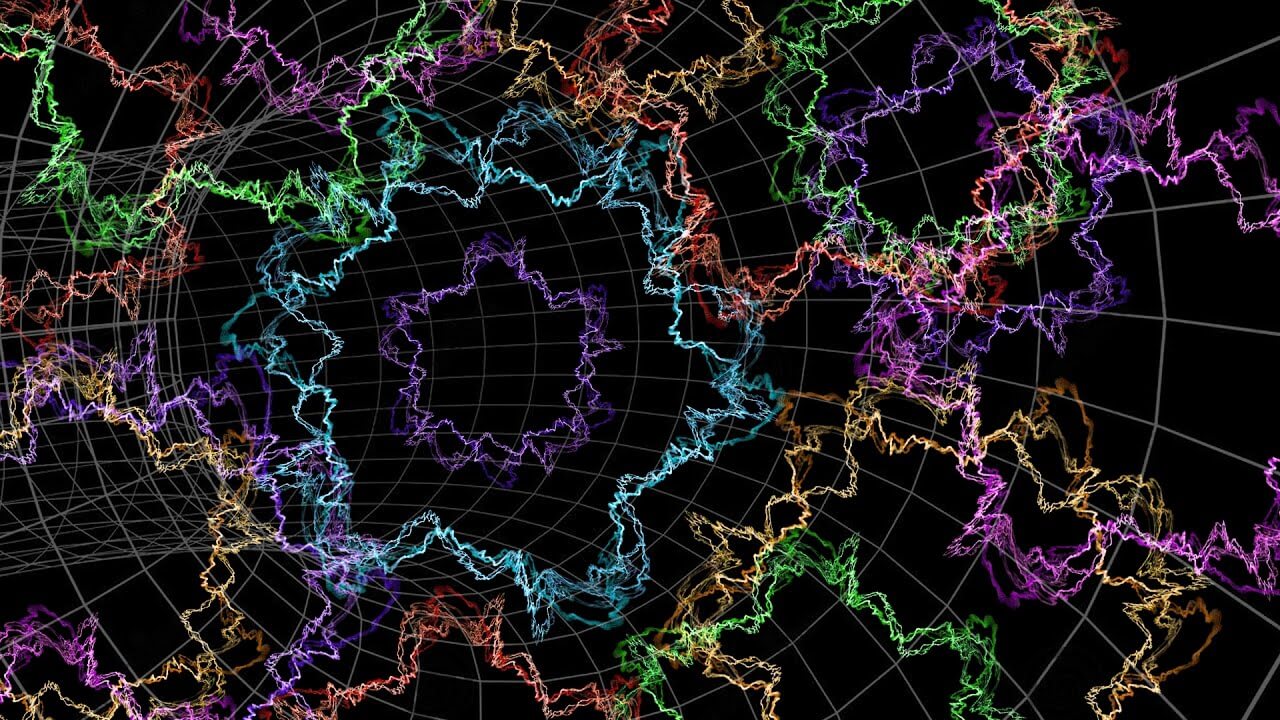
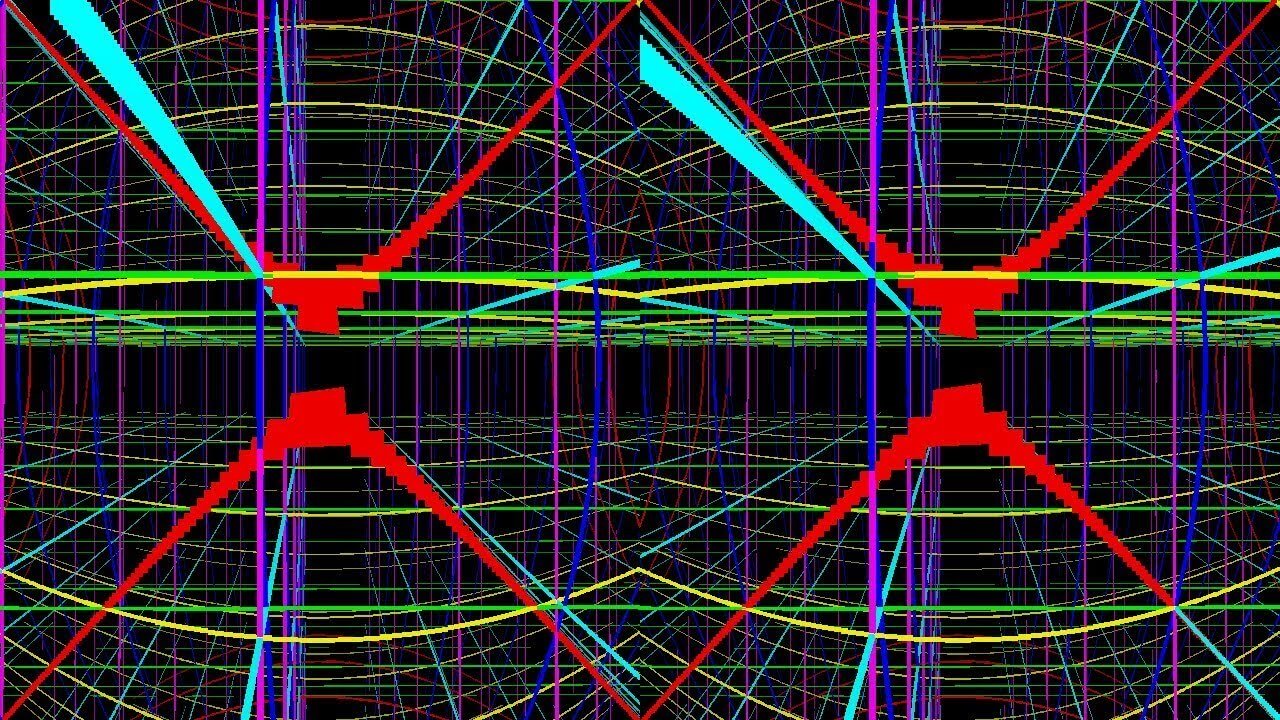



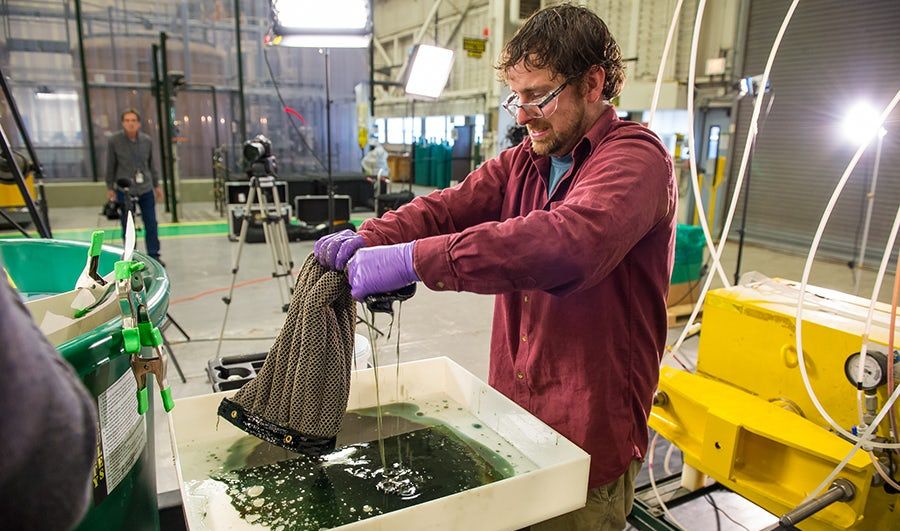



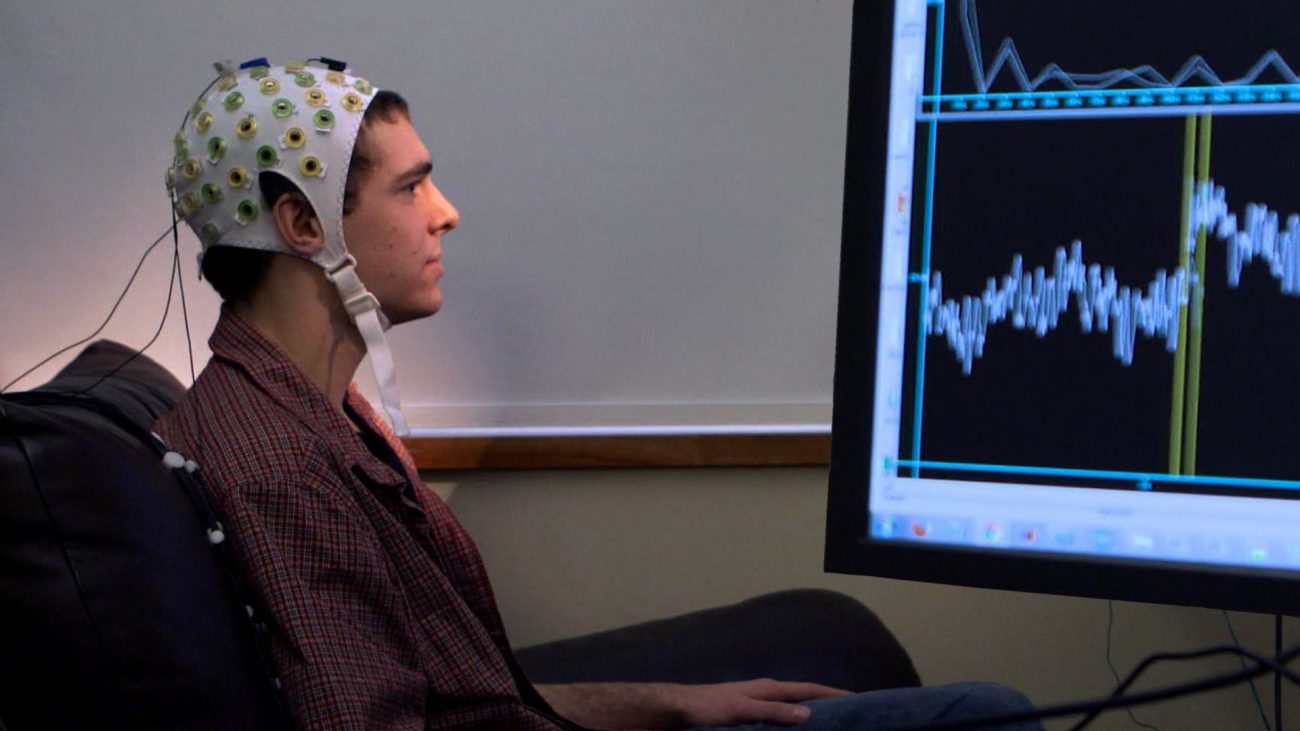


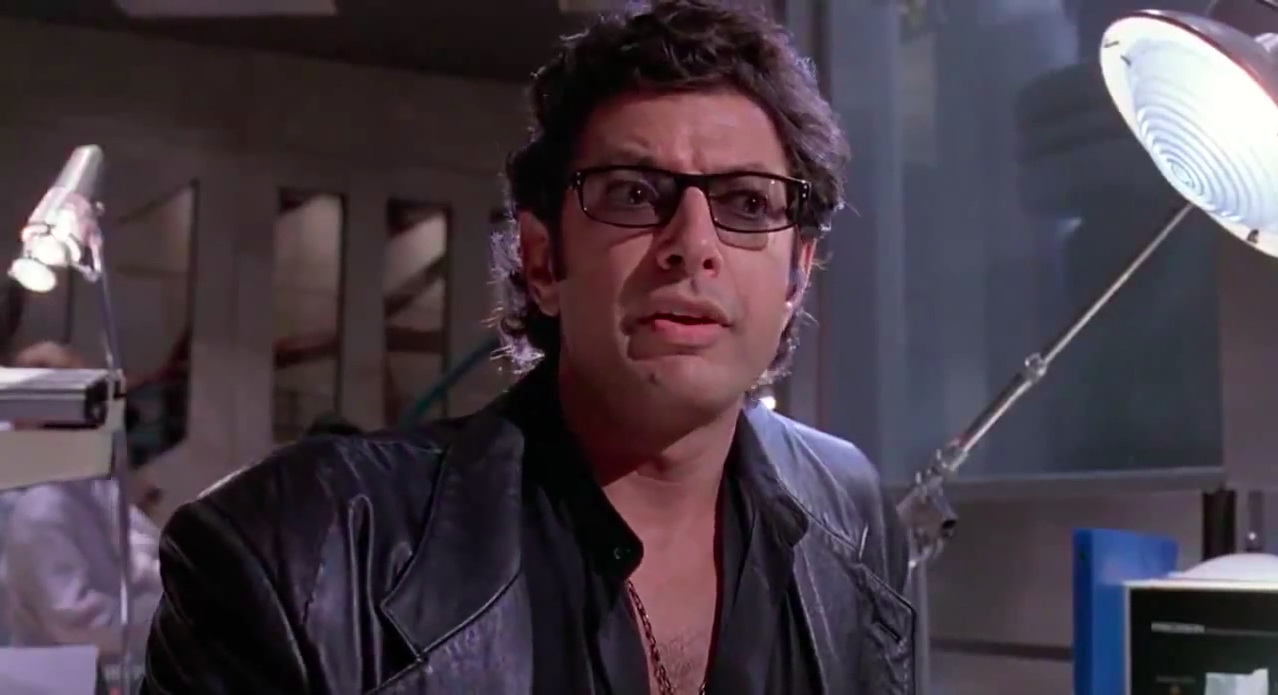
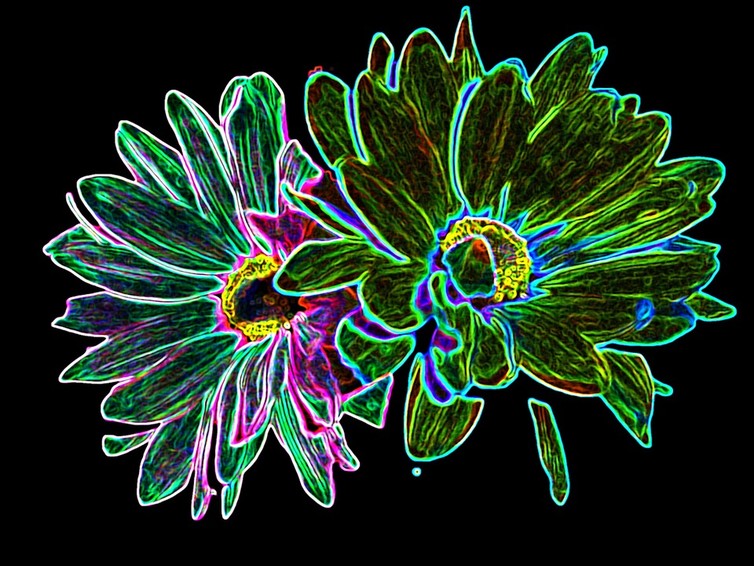

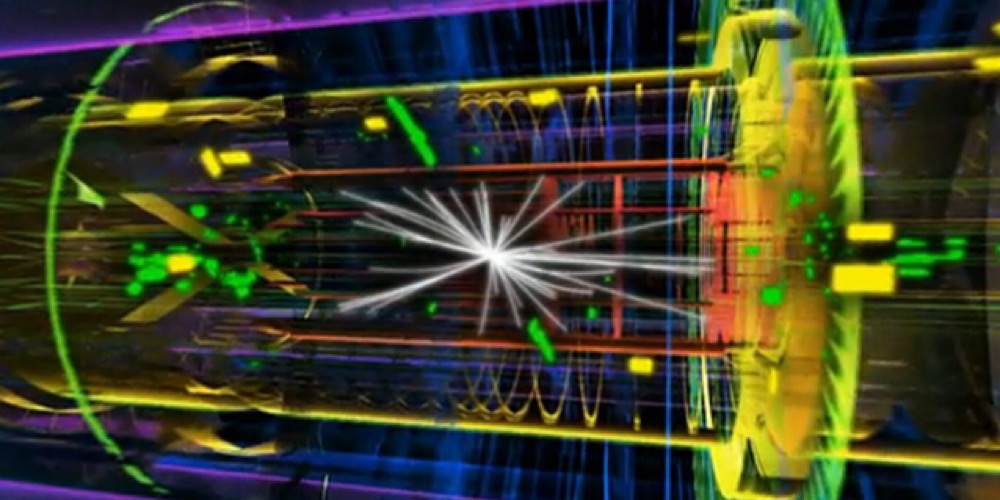

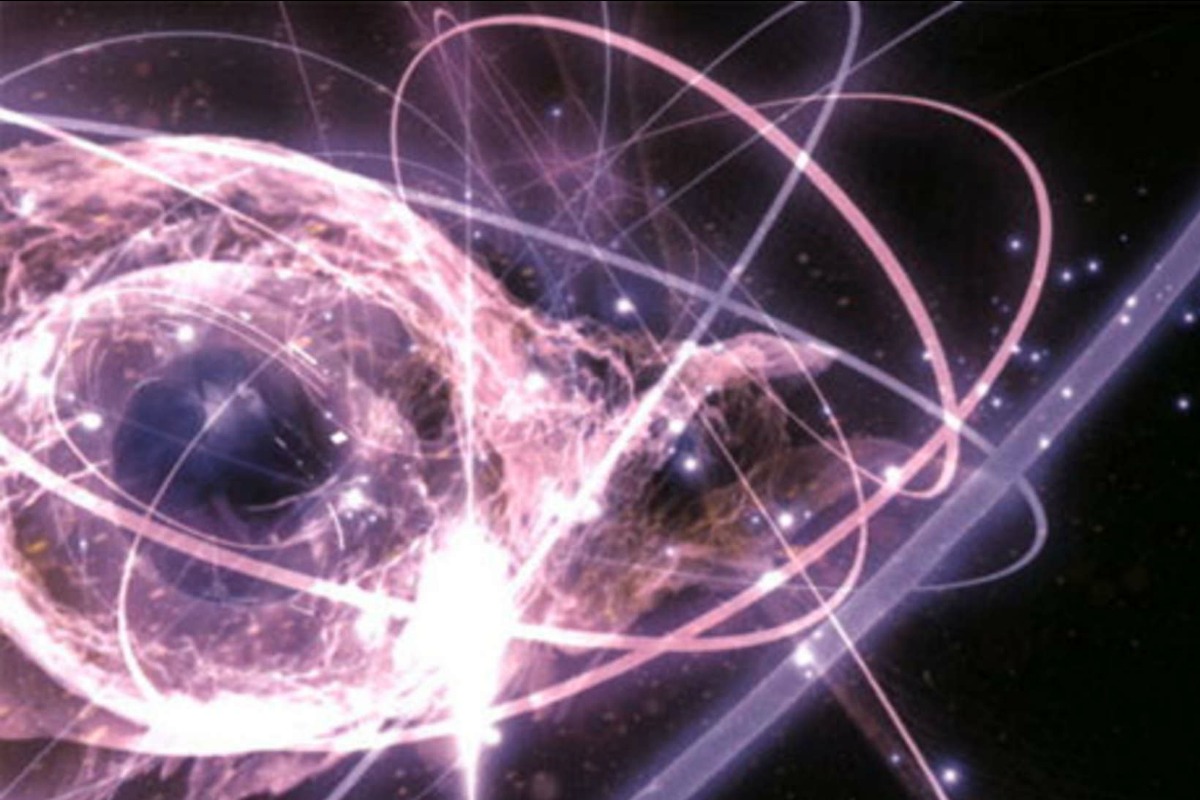
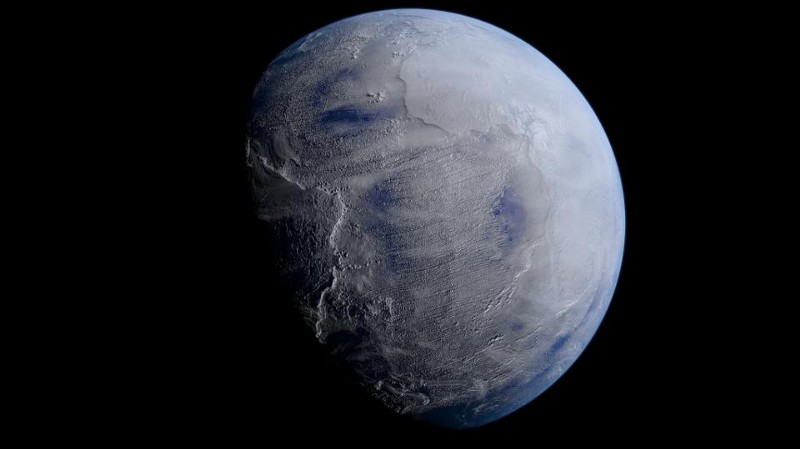
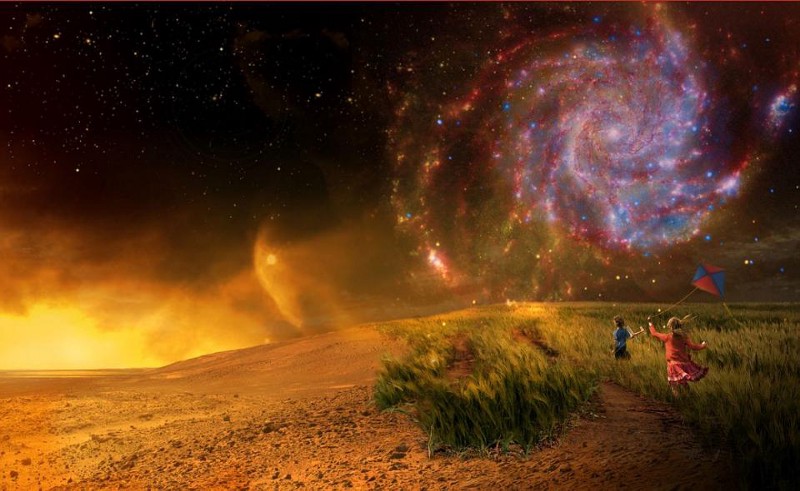


Comments (0)
This article has no comment, be the first!